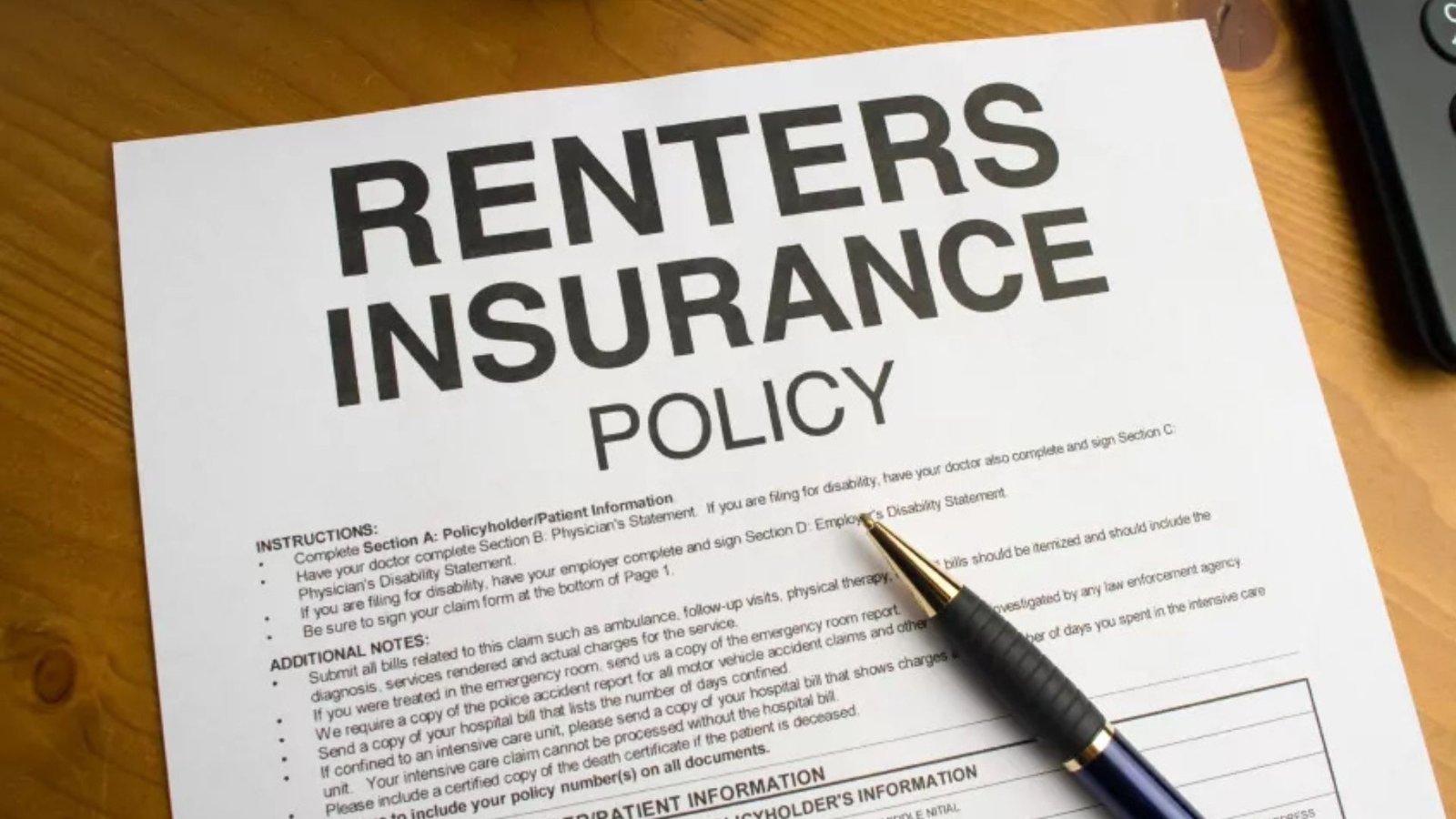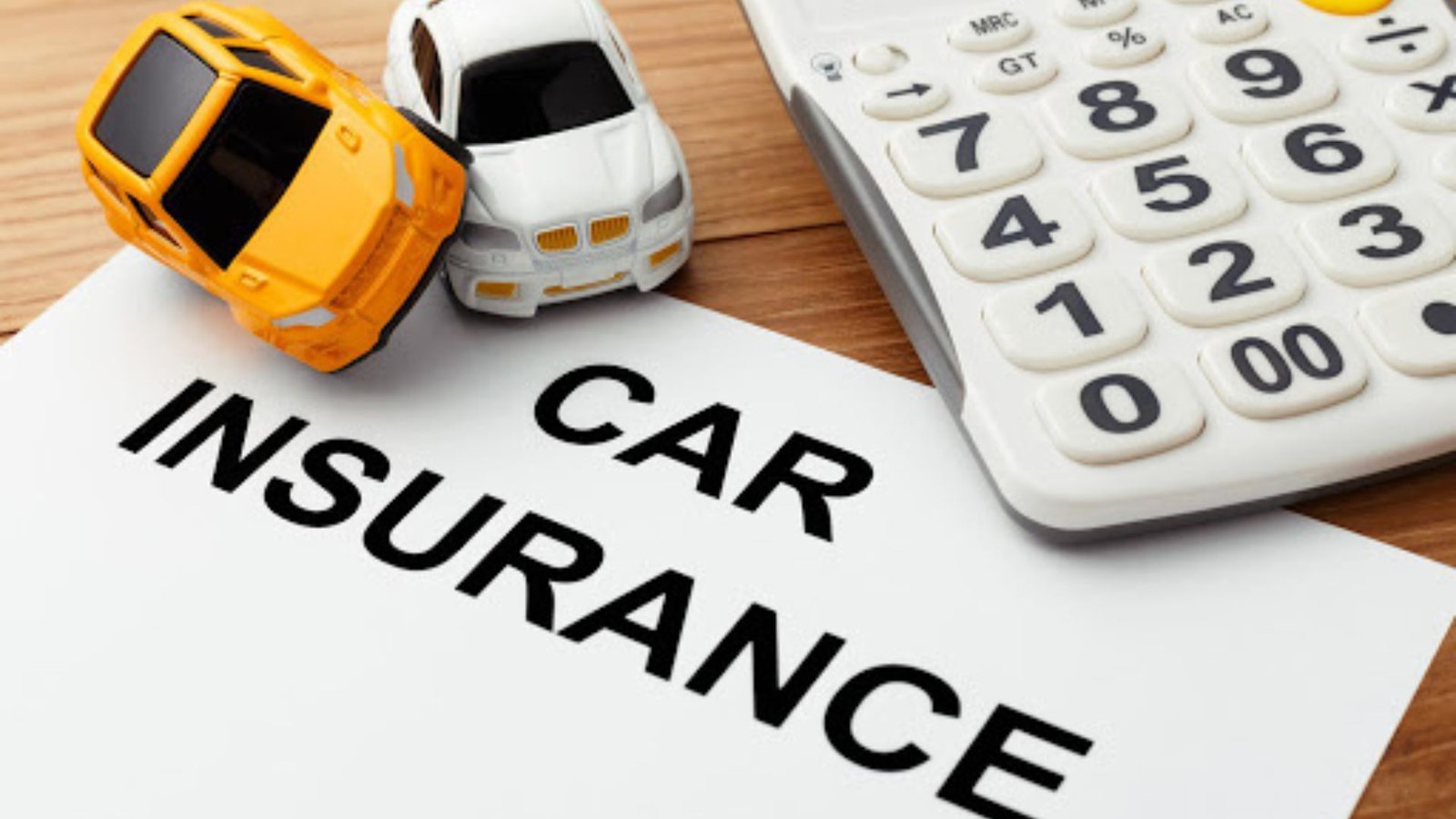Disability insurance is an often overlooked, yet essential form of coverage that can protect your income if you become unable to work due to illness or injury. While many people focus on health insurance or life insurance, disability insurance ensures you have a safety net in place if you suddenly can’t earn a paycheck. In this post, we’ll explore why disability insurance is vital and how it can provide peace of mind during uncertain times.

What is Disability Insurance?
Disability insurance provides income replacement if you are unable to work due to a physical or mental health condition. This coverage is designed to help you maintain your standard of living by covering a portion of your lost wages while you recover. There are two main types of disability insurance:
- Short-Term Disability Insurance: Offers temporary benefits for a few months, typically covering disabilities that last from a few weeks to six months.
- Long-Term Disability Insurance: Provides income replacement for a longer period, potentially until you retire or recover from a long-term illness or injury.
Disability insurance can be offered through your employer or purchased individually. The policy usually pays out a percentage of your salary, often between 50% and 70%, depending on the terms of your policy.
Why Disability Insurance is Important
- Income Protection
Your income is your primary source of financial stability, covering your living expenses, housing, and family needs. If you become disabled and cannot work, disability insurance ensures that you still receive a portion of your income. Without this protection, even a temporary loss of income could lead to financial stress, impacting your ability to pay bills or save for the future. - Unpredictable Health Events
Accidents and illnesses can strike without warning. Even if you are healthy now, unforeseen circumstances can cause long-term or permanent disability. Conditions like cancer, back injuries, mental health disorders, or even car accidents could leave you unable to perform your job. Having disability insurance in place means that you’re financially prepared for such unexpected events. - Social Security May Not Be Enough
While Social Security Disability Insurance (SSDI) is available, it’s important to know that qualifying for SSDI can be a lengthy and complex process. Furthermore, the benefits you receive from SSDI may not cover all your living expenses. In some cases, you may have to wait months or even years before approval, making private disability insurance a vital supplement to provide timely financial support. - Protects Your Family’s Financial Security
If you have dependents, the financial impact of a disability could be even greater. Your family depends on your income for everyday expenses like housing, utilities, groceries, and education. Without disability insurance, you could risk putting your family’s financial stability in jeopardy. Disability insurance helps ensure that your loved ones are not burdened by financial stress during a difficult time. - Helps You Focus on Recovery
When you’re recovering from an illness or injury, your primary focus should be on getting better—not worrying about how you’ll pay the bills. Disability insurance gives you the financial cushion you need to focus on your health and recovery, without the added pressure of income loss. This peace of mind can significantly reduce stress and speed up the recovery process.
Types of Disability Insurance Coverage
To make an informed decision, it’s essential to understand the various options available. Disability insurance policies can vary significantly in terms of coverage, benefits, and costs. Here are a few key elements to consider when choosing the right coverage:
- Elimination Period: The elimination period is the waiting period before you begin receiving benefits. Shorter waiting periods mean you start receiving payments sooner, but the premiums are typically higher. Longer waiting periods can reduce the cost of the policy but may require you to cover expenses out-of-pocket in the meantime.
- Benefit Period: The benefit period is the length of time you’ll receive payments. Some policies offer benefits for a few months, while others provide coverage for several years or even until retirement age. Choose a benefit period that aligns with your financial needs and potential recovery time.
- Definition of Disability: Policies can vary in how they define disability. Some policies pay benefits only if you cannot perform the duties of your specific occupation, while others require you to be unable to perform any type of work. Make sure to understand how your policy defines disability to avoid surprises.
- Amount of Coverage: Most disability policies pay a percentage of your pre-disability income, typically between 50% and 70%. Ensure that the amount is adequate to cover your living expenses and obligations. Policies can also include provisions for cost-of-living adjustments (COLA) to account for inflation.
Who Should Consider Disability Insurance?
Disability insurance is beneficial for almost everyone, but it’s especially crucial for individuals who:
- Are the primary breadwinner in their household, relying on their income to support family members.
- Work in physically demanding jobs, such as construction, healthcare, or manufacturing, where the risk of injury is higher.
- Have dependents who rely on their income for living expenses, education, or care.
- Do not have substantial savings to cover living expenses during a disability.
- Are self-employed or business owners without a fallback income stream.
While disability insurance can be beneficial for anyone, it’s particularly important for those who cannot afford to go without a paycheck for an extended period of time.
Conclusion: Secure Your Future with Disability Insurance
In conclusion, disability insurance is a vital safeguard against the unexpected. By protecting your income, you ensure that you and your family are financially secure in the event of illness or injury. Whether you opt for short-term or long-term coverage, having disability insurance can provide the peace of mind you need to focus on recovery and maintain financial stability. Don’t wait until it’s too late—consider investing in disability insurance to protect your most important asset: your ability to earn a living.











